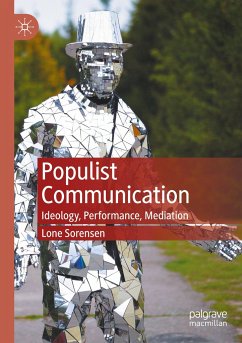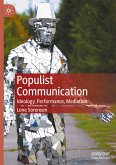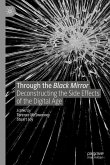How can we make sense of the current age of global political disruption when populism leaves norms overturned and the future form of democracy unpredictable?
Political representatives are no longer elected for their experience and expertise but out of a desire for an ephemeral sense of authenticity, a direct connection to citizens, and the certainty of the truths they tell. But when populists project these ideas and claim to represent the citizenry, what is reality and what is strategic performance for the media? This conceptually rich book explores the performative strategies of the populist politicians who disrupt the normative order with acts of 'truth-telling'. It disentangles their complex use of media-from their appeal to news values through spectacular disruptions to sophisticated social media commentary-in repertoires of mediated performances. Based on vigorous empirical research in both established and transitional democracies, it develops a theoretical framework of populist communication in the new media environment.
Political representatives are no longer elected for their experience and expertise but out of a desire for an ephemeral sense of authenticity, a direct connection to citizens, and the certainty of the truths they tell. But when populists project these ideas and claim to represent the citizenry, what is reality and what is strategic performance for the media? This conceptually rich book explores the performative strategies of the populist politicians who disrupt the normative order with acts of 'truth-telling'. It disentangles their complex use of media-from their appeal to news values through spectacular disruptions to sophisticated social media commentary-in repertoires of mediated performances. Based on vigorous empirical research in both established and transitional democracies, it develops a theoretical framework of populist communication in the new media environment.








